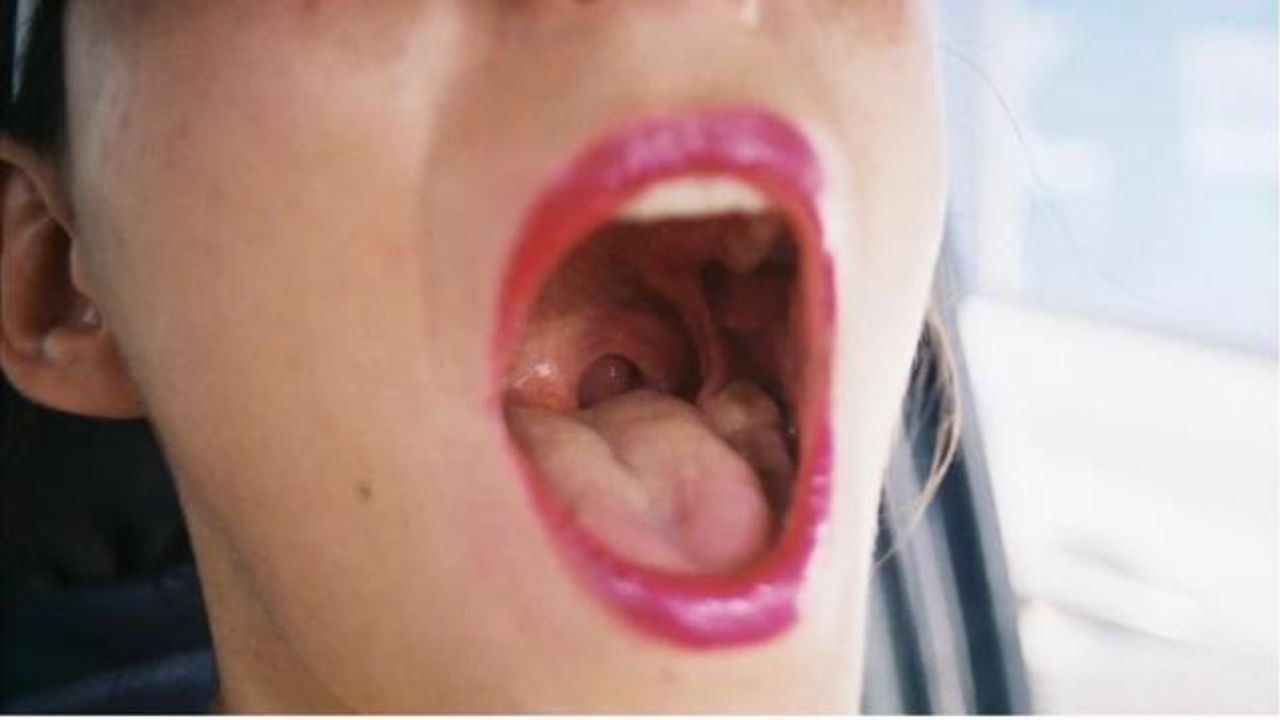Oral gonorrhea is a variety of gonorrhea that affects the pharynx, the space between the mouth and the esophagus, and is usually contracted from oral sex.
What causes oral gonorrhea?
Like other forms of gonorrhea , oral gonorrhea is caused by Neisseria gonorrhoeae bacteria. When someone has gonorrhea, this bacteria infects their semen, vaginal fluids, and urine.
Oral gonorrhea is usually contracted by performing oral sex on someone with gonorrhea. You can also get oral gonorrhea by performing analingus or being urinated on by someone with gonorrhea.
In rare cases, the disease can be transmitted through objects such as sex toys and fingers. For example, you could get oral gonorrhea if you used a sex toy on someone with gonorrhea and then put it in their mouth.
What are the symptoms of oral gonorrhea?
Up to 90% of people with oral gonorrhea do not have any symptoms. When the infection does cause symptoms, they usually manifest between three days and three weeks after infection. These symptoms are relatively mild, but can be relieved with treatment. Some of the more common symptoms of oral gonorrhea include:
- Sore throat, which usually occurs suddenly and without symptoms similar to those of a cold or flu.
- Difficulty or discomfort when drinking or swallowing food.
- Vomiting.
- The throat appears red and swollen, sometimes with white patches.
- Swollen lymph nodes.
- White or yellow throat discharge.
- Fever or chills.
- Swollen tonsils (tonsillitis).
- Sores or lesions in and around the mouth.
If left untreated, oral gonorrhea can cause more serious symptoms, including:
- Joint pain or swelling.
- Wrist and tendon pain from hell.
- A pink or red topical rash that may be filled with pus.
- Feeling of general malaise.
- Swollen or swollen testicles.
- Damage to the inner lining of the heart.
- Meningitis
- Sterility.
How common is oral gonorrhea?
Oral gonorrhea is much less common than gonorrhea that infects the genitals. It is seen in between 3% and 7% of men who have sex with men, 0.4% of heterosexual men, and 0.1% of women.
How can oral gonorrhea be prevented?
Using dental dams, condoms, or both during oral sex and rimming is the most effective way to prevent oral gonorrhea. When having sexual contact, try to avoid getting body fluids in your mouth. If you notice that your partner has a thick or unusually smelly anal or genital discharge, you can avoid oral sex and choose different ways of pleasuring yourself until you seek treatment.
Be careful when using sex toys and other items that can also transfer bacteria. It’s best to wash these items thoroughly with warm water and mild dish soap after each use, and when moving from hole to hole, to reduce the risk of infections such as oral gonorrhea.
How is oral gonorrhea diagnosed?
Oral gonorrhea is usually diagnosed with a throat swab. If the sample tests positive for Neisseria gonorrhoeae bacteria, then the diagnosis of oral gonorrhea is confirmed.
If you test positive for gonorrhea, or your partner does, it’s worth requesting an oral gonorrhea test, even if you’re not showing any symptoms. If you engage in oral sex, there is a chance that you may also have this type of gonorrhea.
How is oral gonorrhea treated?
As gonorrhea can spread throughout the body, you should seek medical attention if you think you may have this condition.
The most common treatment for oral gonorrhea is an injection of ceftriaxone and a single dose of Azithromycin, taken by mouth.
Oral gonorrhea can become resistant to antibiotics and difficult to treat. If you feel that your oral gonorrhea has not gone away after taking your medications, seek further medical advice.
If you have oral gonorrhea, it’s a good idea to encourage your sexual partners in the last 60 days to seek medical treatment as well. The CDC encourages recent sexual partners to be evaluated and treated by a medical team to prevent further transmission and reinfection.
Is oral gonorrhea the same as strep throat?
Although oral gonorrhea and strep throat can cause pain and swelling in the throat, they are very different medical conditions. Strep throat is caused by a different type of bacteria, A. Streptococcus. However, as their symptoms are similar, it is worth seeking medical advice to confirm which condition you might have.
While both conditions can be spread by kissing, kissing is the most likely cause of strep throat. Oral gonorrhea is usually caused by oral sex. You can’t get strep throat from performing oral sex on someone with strep throat. Consequently, strep throat tends to affect younger people, while oral gonorrhea tends to affect adults.
